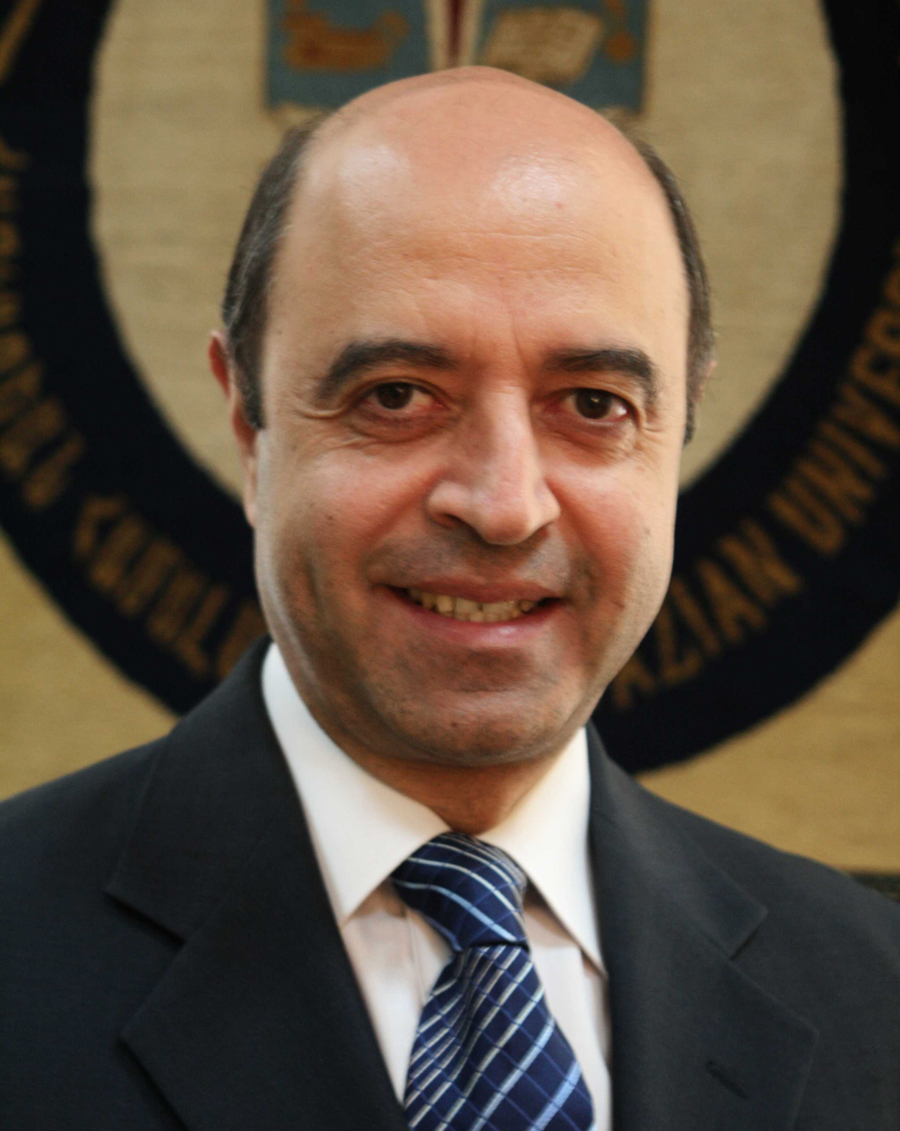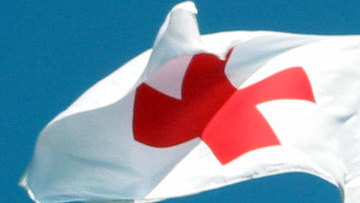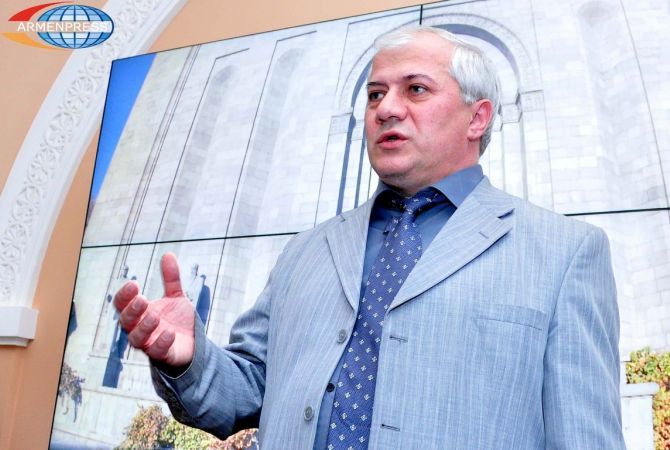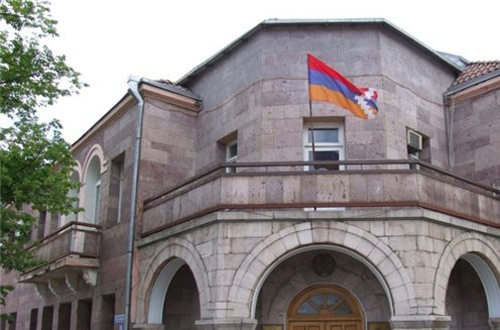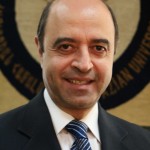

Reverend Paul Haidostian is the President of Haigazian University, which was established in 1955 in Beirut, Lebanon by the joint endeavors of the Armenian Missionary Association of America (AMAA) and the Union of the Armenian Evangelical Churches in the Near East (UAECNE). Haigazian University is an Armenian liberal arts University using English as the language of instruction. Haigazian is home campus to students from 20 countries throughout the world.
Rev. Haidostian is currently the Chair of the Central Committee of the Union of Armenian Evangelical Churches in the Near East.
Rev. Haidostian holds a BA in Psychology from Haigazian College, a Master of Divinity (M.Div.) degree from the Near East School of Theology, a Master of Theology (Th.M.) and Ph.D. in Pastoral Theology from Princeton Theological Seminary.
This event is presented by the Strassler Center for Holocaust and Genocide Studies. It is hosted by the Kaloosdian Mugar Chair and supported by the Asher Fund. For more information, call 508-793-8897.
The Strassler Center for Holocaust and Genocide Studies is privileged to stand at the forefront in establishing the Armenian Genocide as a distinct focus of doctoral study.
In 2002, Carolyn Mugar and her late husband John O’Connor ’78, a Clark University trustee, donated the first-ever endowed Chair in Modern Armenian History and Armenian Genocide Studies. They challenged others to join them in supporting this innovative professorship named in honor of Carolyn’s parents Stephen and Marian Mugar, as well as Robert Aram ’52 and Marianne Kaloosdian. Robert Kaloosdian, a lawyer in Watertown, MA and former president of the Washington, DC- based Armenian National Institute, is a leader in Armenian affairs.
The mission of the Strassler Center for Holocaust and Genocide Studies is to educate undergraduate and graduate students about genocide and the Holocaust; to host a lecture series, free of charge and open to the public, to use scholarship to address current problems stemming from the murderous past; and to participate in public discussion about a host of issues ranging from the significance of state-sponsored denial of the Armenian genocide and well-funded denial of the Holocaust to intervention in and prevention of genocidal situations today.
Center for Holocaust and Genocide Studies Presents a Lecture by Haigazian University President Dr Paul Haidostian
- No comments
- 2 minute read
The Positive Outcomes of the Brussels Meeting
By: K. KHODANIAN Last September, Azerbaijani troops invaded Artsakh, prompting over…
- MassisPost
- April 14, 2024
- No comments
- 2 minute read
It’s Not Armenia That Has Distanced Itself From Russia, but Rather the Other Way Around
By K. KHODANIAN Armenia and Russia are experiencing notable tensions in their…
- MassisPost
- April 7, 2024
- No comments
- 2 minute read
Stating the Obvious: Kigali Genocide Memorial and the Armenian Genocide
Gomidas Institute Initiates Campaign on Kigali Genocide Memorial and the Armenian…
- MassisPost
- April 7, 2024
- No comments
- 3 minute read
How an Armenian Family Helped in Building Modern Egypt
By ARUNANSH B. GOSWAMI Recently the author of this article was in…
- MassisPost
- April 5, 2024
- No comments
- 5 minute read

